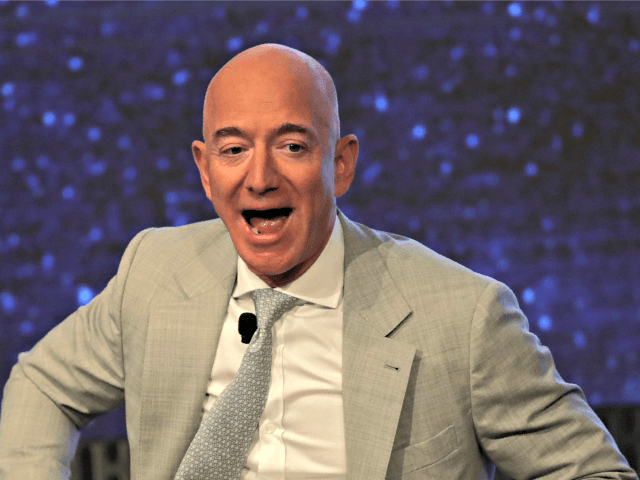A recent report claims that Amazon uses voice data from its Echo home assistant devices to target ads on both its own platforms and the web. Researchers created fake personas with different interests and then tracked how the data fed to Amazon spread around the internet. According to the researchers, they found “strong evidence that smart-speaker interactions are used for the purpose of targeting ads, and that this ad targeting implies significant data sharing across multiple parties.”
The Verge reports that a recent report titled “Your Echos are Heard: Tracking, Profiling, and Ad Targeting in the Amazon Smart Speaker Ecosystem,” claims that Amazon uses voice data from its Echo home assistant devices to target ads on its own platform and others. The report was produced by researchers affiliated with the University of Washington, UC Davis, UC Irvine, and Northeastern University.
The report claims that Amazon and third parties collected data from user interactions with Alexa via Echo smart speakers and share this data with as many as 41 advertising partners. The report claims that the data is used to “infer user interests” and “serve targeted ads on-platform (Echo devices) as well as off-platform (web).”
The researchers created fake personas to track how Amazon used the data:
The 10 research scientists behind the report, led by Umar Iqbal, postdoctoral researcher at the University of Washington, created an auditing framework to measure online advertising data collection. They then created a number of personas to interact with Alexa using third-party skills; these personas had specific interests: spirituality, connected car, smart home, pets, fashion, dating, navigation, beverages, and health. They also created a “vanilla” persona as a control.
Statistical analysis of the results determined that each persona was served targeted ads elsewhere on the web, leading to the conclusion that smart speaker interactions are used for ad targeting on the web and in audio ads. This led the researchers to determine there was “strong evidence that smart-speaker interactions are used for the purpose of targeting ads, and that this ad targeting implies significant data sharing across multiple parties.”
Amazon told the Verge that it does use user voice data from Alexa interactions to inform relevant ads shown on Amazon or other sites featuring Amazon ads. An Amazon spokesperson stated:
Similar to what you’d experience if you made a purchase on Amazon.com or requested a song through Amazon Music, if you ask Alexa to order paper towels or to play a song on Amazon Music, the record of that purchase or song play may inform relevant ads shown on Amazon or other sites where Amazon places ads.
The company also confirmed that the smart speakers themselves serve users’ targeted ads, stating: “Customers may receive interest-based ads when they use ad-supported premium content – like music, radio or news streams.”
The spokesperson added that Amazon doe snot share voice recordings with developers, stating: “We do not share our customers’ personal information to third-party skills without the customer’s consent.”
An Amazon spokesperson provided a more expansive statement to Breitbart News after this article was published:
We think that the best advertising is tailored to customers’ interests, which is why in some cases we will use the actions of customers, whether it’s shopping on Amazon or streaming on Amazon Music, to inform the ads we serve. For example, if you ask Alexa to order paper towels or to play a particular song on Amazon Music, the record of that purchase or song play may inform relevant ads shown on Amazon or other sites where Amazon places ads. This is not an atypical practice – the biggest advertising services in the world do this to best serve their users and their advertisers. We give customers the option to opt out of these kinds of services if they like, at any time. As far as this specific research is concerned, it’s not accurate because it’s based on inaccurate assumptions of how Alexa works. For example, we do not sell customers’ personal information and we do not share Alexa requests with advertising networks, even though the report suggests that we do.
Read more at The Verge here.
Update– Added a statement from an Amazon spokesperson.
Lucas Nolan is a reporter for Breitbart News covering issues of free speech and online censorship. Follow him on Twitter @LucasNolan or contact via secure email at the address lucasnolan@protonmail.com

COMMENTS
Please let us know if you're having issues with commenting.